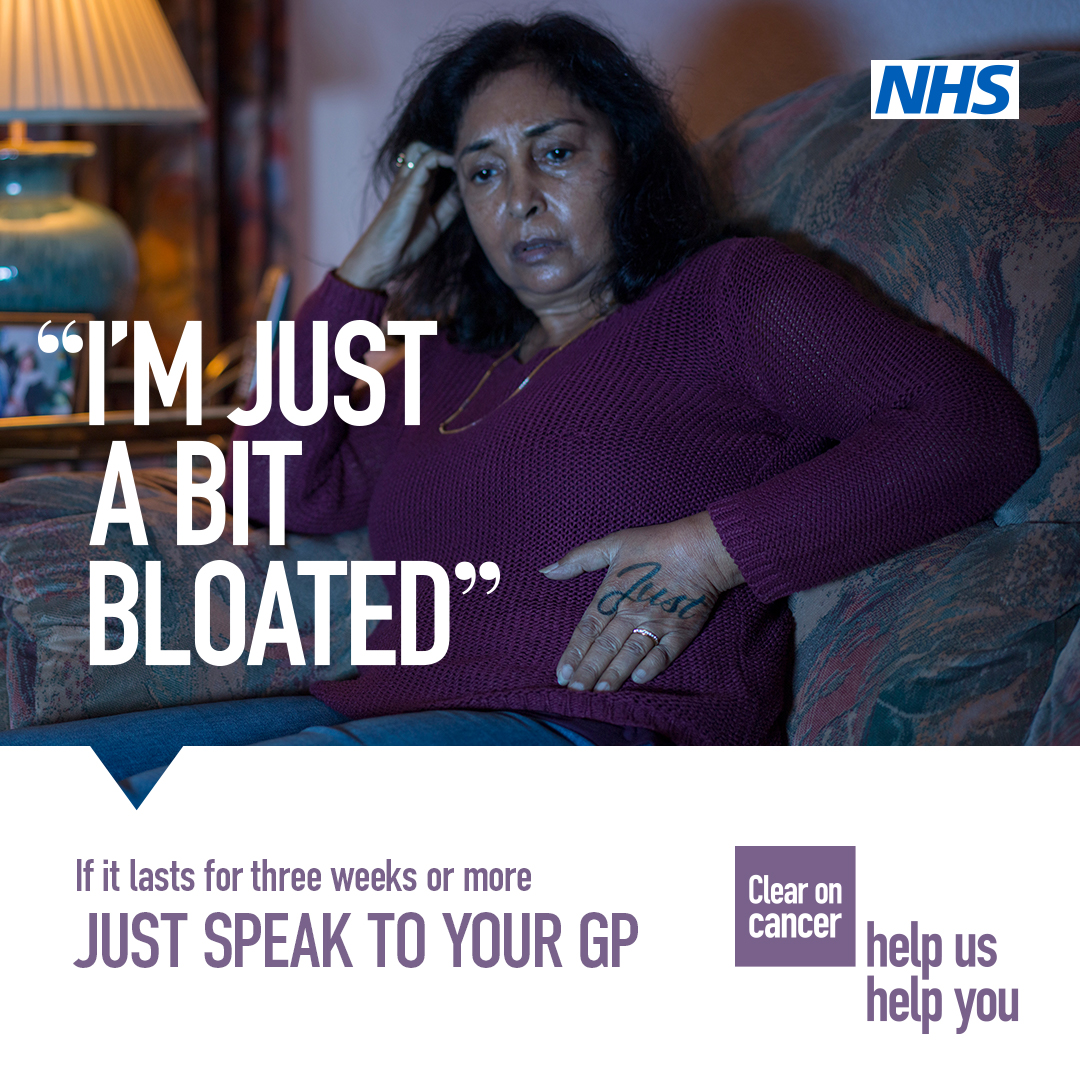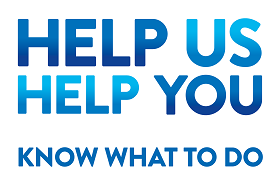Are you clear on ovarian cancer signs and symptoms?
Monday, March 1, 2021

This Ovarian Cancer Awareness Week, GPs in Sefton are urging residents to be clear on the warning signs and symptoms of ovarian cancer and to contact their GP practice with any concerns. Early diagnosis of ovarian cancer can save lives.
Ovarian cancer, or cancer of the ovaries, is one of the most common types of cancer in women. It mainly affects women who have been through menopause (usually over the age of 50), but it can sometimes affect younger women too.
Dr Debbie Harvey, Macmillan GP and cancer clinical lead at NHS South Sefton Clinical Commissioning Group (CCG) said: “If you feel constantly bloated, have a swollen tummy, feel full very quickly when eating, are needing to pee more often than usual, or have discomfort in your tummy and pelvic area that lasts for three weeks or more, you should speak to your GP practice because it could be a sign of ovarian cancer. It’s probably nothing serious, but finding cancer early makes it more treatable so it’s important.
“The symptoms of ovarian cancer are not always easy to recognise because they’re similar to those of some other conditions such as irritable bowel syndrome (IBS), so do not ignore any potential warning signs. If you have already talked to your GP and your symptoms continue or get worse, go back to them to explain this.”
Dr Graeme Allan, Macmillan GP and cancer clinical lead at NHS Southport and Formby CCG said: "If you notice something that isn’t normal for you or you have any concerns about potential signs or symptoms of ovarian cancer, your GP practice should be your first port of call. A GP can do simple tests to see if you have it.
"During the pandemic, GPs are working very differently, they are using more telephone consultations and emails to help support patients. If you are asked to go into your GP practice, it is important that you attend. Your GP practice will be using all necessary precautions to reduce COVID risk and will only invite patients to attend if it is safe to do so. Your NHS is here to see you safely.”
If you need medical help from your GP practice, contact them online, by an app or by phone. If you need urgent medical help, use the NHS 111 online service. If you cannot get help online, call 111. If it is a serious or life-threatening emergency, call 999.
For information and advice about ovarian cancer:





